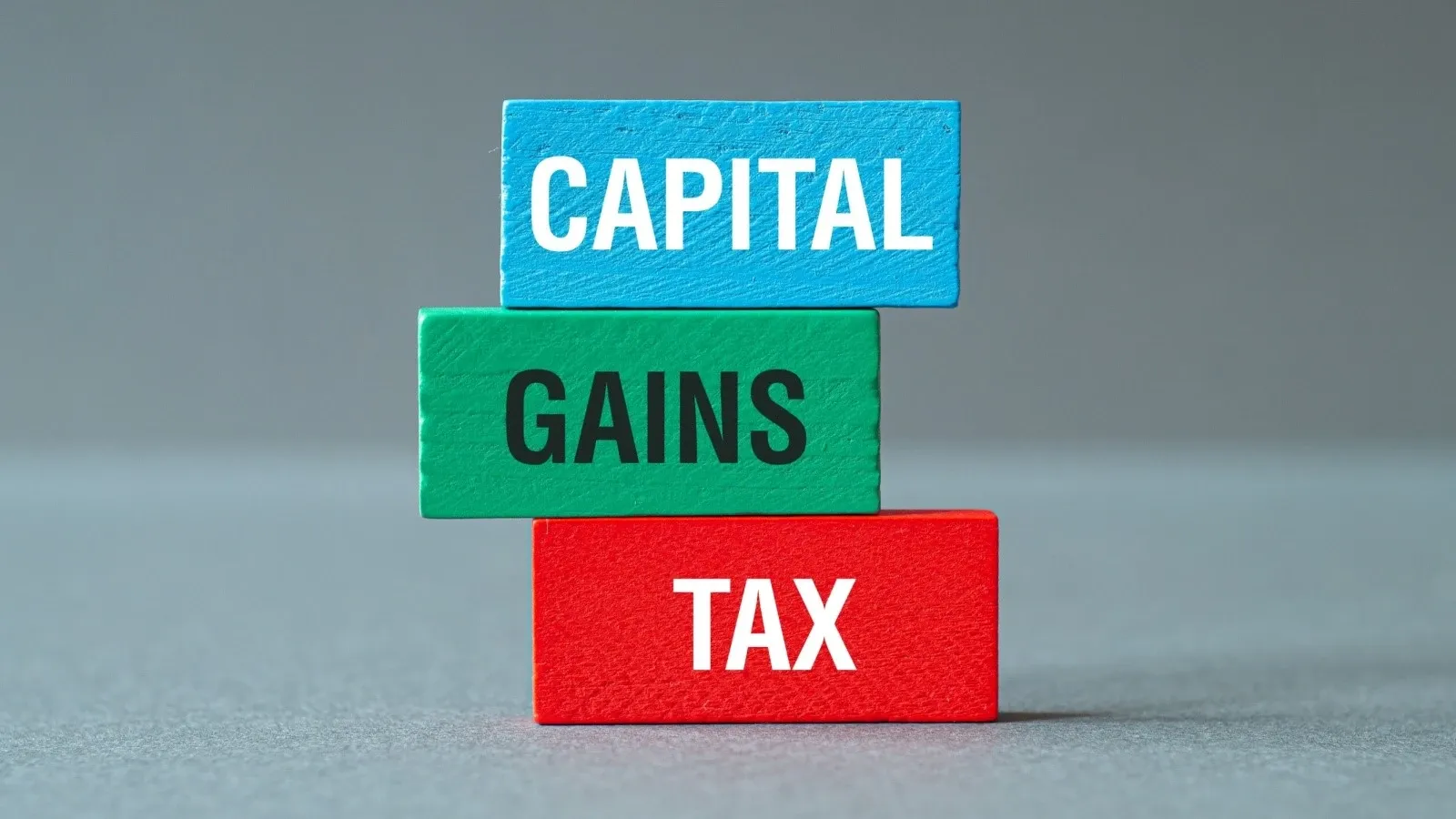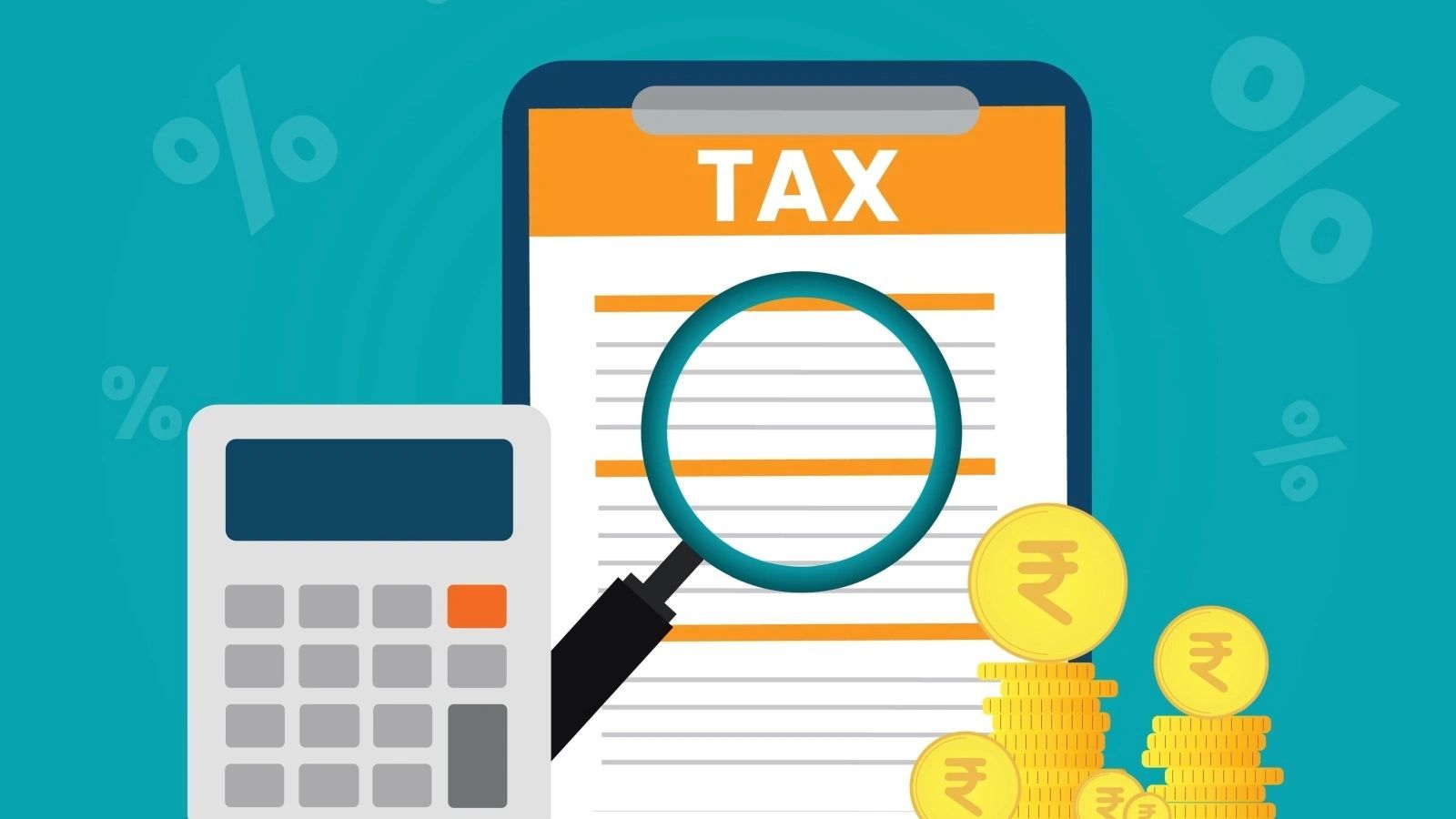Personal Finance News
Tata Investment stock split: Are there any tax implications for individual shareholders?

4 min read | Updated on September 25, 2025, 16:13 IST
SUMMARY
A stock split is a restructuring of existing holdings, and shareholders don’t receive any additional money. However, the cost of acquisition of the shares is adjusted for future capital gains calculations. So, no tax is applicable at the time of the split, but taxes may apply when you sell the shares.
Stock list

Tata Investment Corporation's market capitalisation stands at ₹42,191.42 crore.
Tata Investment Corporation (TICL) on Monday, September 22, announced that it has received shareholders’ approval for the stock split, or subdivision of its shares.
In August, the company had announced that its board had approved the subdivision of the existing equity shares with a face value of ₹10 each into ten equity shares having a face value of ₹1 each (1:10 ratio), fully paid-up. The board’s decision was subject to the approval of shareholders and the regulator.
The company has fixed Tuesday, October 14, 2025 as the record date for the purpose of determining the eligibility of shareholders for the stock split.
Many individuals may be wondering whether there are any tax implications of a stock split. Let’s look into it.
Are there any tax implications of a stock split?
No, there is no immediate tax implication due to a stock split.
Stock splits aren’t taxable, and neither are reverse stock splits. This is because the overall value of the holdings remains unchanged after a stock split.
A stock split is basically when a company increases the number of its shares by issuing additional shares to existing shareholders by reducing the price of each share (proportionally).
For instance, if you own 10 shares at ₹1,000 each, and the company announces a 1:10 split, you’ll have 100 shares at ₹100 each. This means that the overall investment value remains the same.
This is a restructuring of existing holdings, and shareholders don’t receive any additional money. However, the cost of acquisition of the shares is adjusted for future capital gains calculations. So, no tax is applicable at the time of the split, but taxes may apply when you sell the shares.
- You buy 100 shares at ₹1,000 per share. Total investment = ₹1,00,000 and Cost of acquisition per share = ₹1,000
- The company announces a 1:10 stock split. Your 100 shares become 1,000 shares. Adjusted cost of acquisition per share = ₹100, and the investment value still remains ₹1,00,000.
Now, Long-Term Capital Gains (LTCG) from equity shares above ₹1.25 lakh are taxed at 12.5% under Section 112A of the Income Tax Act, 1961. LTCG applies when shares are held for 12 months or more.
Short-Term Capital Gains (STCG) on the sale of listed equity shares before 1 year are taxed at 20% under Section 111A.
So, if you sell your ₹1,000 shares at ₹200 each within 1 year, your tax would be ₹20,000 (STCG). If you sell after a year, you won’t have to pay tax as the gain of ₹1,00,000 is below the taxable limit of ₹1.25 lakh.
In simple words, while stock splits aren’t taxable, capital gains tax will be applicable based on total gains and the holding period.
TICL shares
After the stock split, shares of Tata Investment Corporation Limited (TICL) soared to a 52-week high of ₹9,099.50 apiece on Thursday, September 24, 2025.
Before this, the stock was at its yearly high of ₹8,125 apiece on Tuesday, September 23, a day after the stock split was announced post-market hours.
However, on the back of profit booking after a strong two-day rally, the stock dropped over 5.5% on Thursday. At around 3:10 pm, TICL shares were trading 5.56% down at ₹8,370.50 apiece.
The stock closed 5.92% down at ₹8,339 per share on the NSE.
The company’s market capitalisation stands at ₹42,191.42 crore.
TICL’s scrip was at its 52-week low of ₹5,145.15 per share on February 17, 2025. In the last five days, the stock has jumped 12.54%, and the rise stands at 19.19% for the past month.
Over the last six months, the stock has surged by as much as 31.04%, and the year-to-date growth is at 22.75%.
Related News
By signing up you agree to Upstox’s Terms & Conditions
About The Author
Next Story



